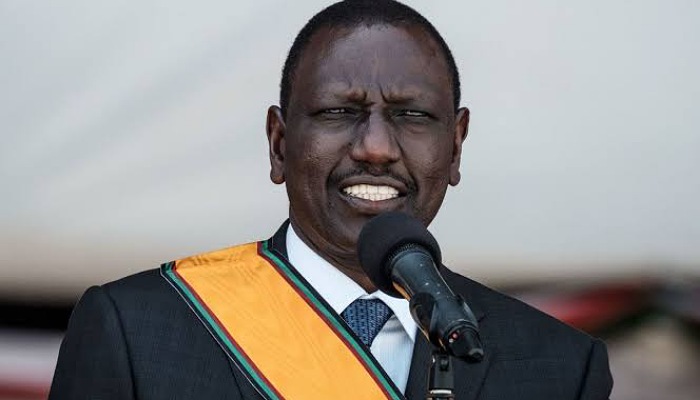Kenyan President William Ruto, on Wednesday, withdrew proposed tax increases contained in the controversial finance bill 2024 in response to widespread protests.
President Ruto introduced new taxes to bolster state finances and secure additional funding from the International Monetary Fund.
On Tuesday, legislators from his ruling coalition managed to pass the bill after removing some controversial taxes, including a 16% levy on bread.
Although these fiscal reforms have been well-received by the markets, they have incited protests among citizens grappling with escalating food prices and a youth unemployment rate, which the Federation of Kenya Employers estimates to be as high as 67%.
Conceding to the Protesters mostly youths in a televised address, President Ruto said, “Listening keenly to the people of Kenya who have said loudly that they want nothing to do with this finance bill 2024, I concede, and therefore I will not sign this Finance Bill, 2024. and it shall subsequently be withdrawn, I run a government but I also lead people. And the people have spoken.”
The Kenyan leader further proposed talks to include youths and other stakeholders in the country while promising austerity measures including slashing the cost of running government and other public expenditures.
He said, “I propose an engagement with young people of our nation to listen to their issues and agree with them on their priority areas of concern. I also propose that within the next 14 days, a multi-sectoral, multi-stakeholder engagement be held with a view to charting the way forward.”
President Ruto had a day earlier promised to clamp down on criminals who had infiltrated the peaceful protest by inviting the Kenyan Defence Force to help quell the protest.
The Ruto administration has been raising tax rates and implementing strategies to decrease Kenya’s dependency on borrowing, aligning with fiscal reforms agreed upon with the IMF in 2021.The Finance Bill aimed to generate an additional 302 billion shillings ($2.3 billion) in revenue, intended to help cover a budget deficit that equals 3.3% of the gross domestic product.
On Tuesday, after lawmakers approved new tax measures and forwarded them to the president, police fired on crowds gathered around the parliament. Protesters later entered the senate chamber and national assembly just minutes after the vote.
According to the Kenya Medical Association on Wednesday, at least 23 people were killed nationwide, and another 30 were treated for bullet wounds.
Medical officials in Nairobi reported numerous injuries. The majority of the demonstrators are young Kenyans in their 20s and 30s, coordinating their efforts through social media platforms.
Following President Ruto’s statement, Kenya’s 2031-dollar bonds bounced back from earlier losses and traded slightly stronger on the day, with the yield standing at 10.67% according to Bloomberg data.







